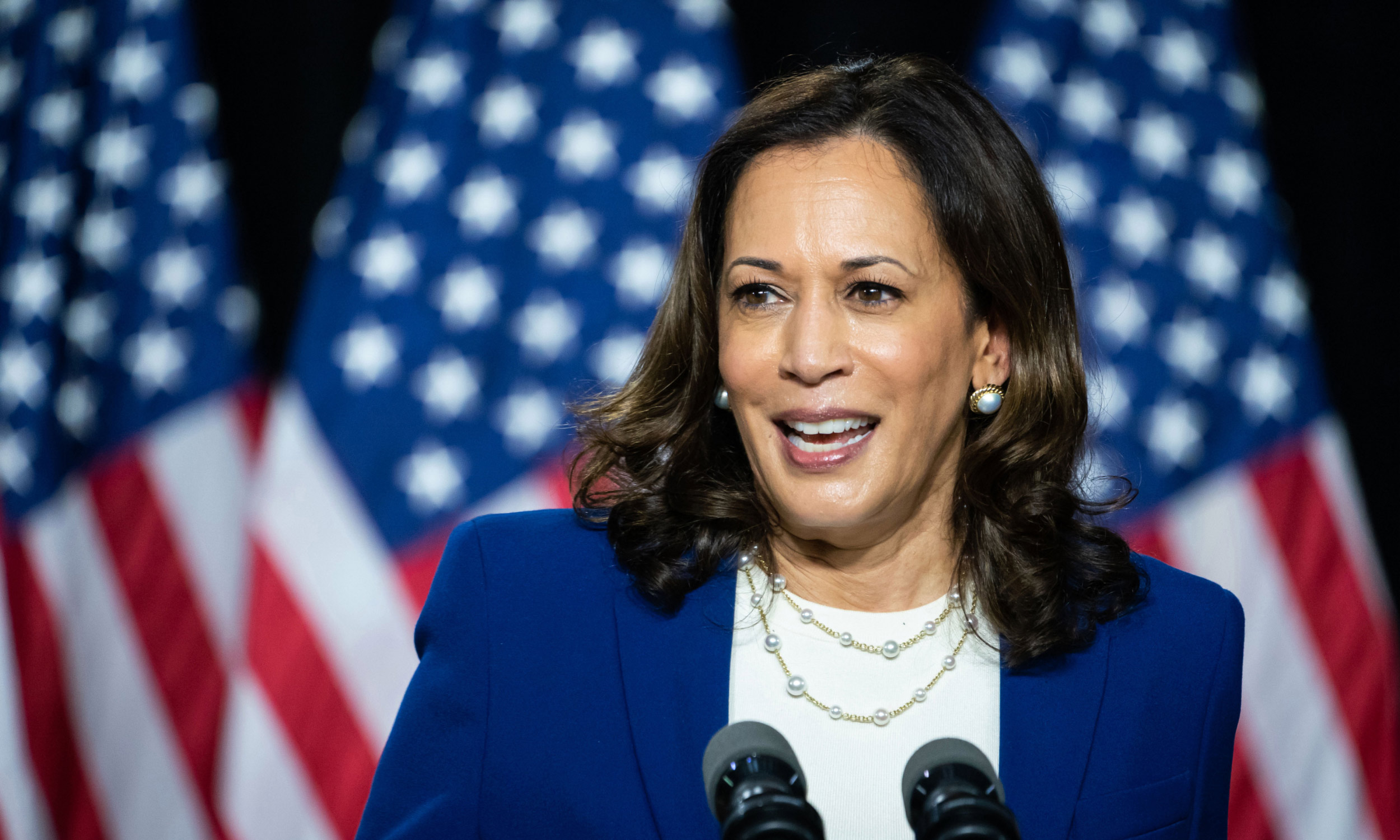Kamala Harris' Vision for the Presidency: Key Policies and Campaign Promises
As the 2024 presidential election approaches, Vice President Kamala Harris has been vocal about her aspirations and plans should she be elected as the next President of the United States. With a focus on various key issues, Harris aims to address the pressing challenges facing the nation. This article delves into her campaign promises, policy proposals, and the implications of her potential presidency.
Key Campaign Promises
Child Tax Credit Expansion: One of Harris's significant proposals includes expanding the child tax credit to $6,000 for families with newborns. This initiative builds on a previously stalled promise from President Joe Biden and aims to reduce poverty among families, particularly those with young children. Harris and Biden have highlighted the positive impact of the child tax credit in alleviating poverty levels across the country.
Healthcare Reforms: Harris has proposed an expansion of Medicare to cover long-term care at home. This policy aims to allow individuals to remain in their homes rather than being forced into nursing facilities, thereby enhancing the quality of life for many elderly and disabled Americans. This proposal reflects her commitment to improving healthcare accessibility and affordability.
Gun Control Measures: In response to the ongoing gun violence crisis, Harris has pledged to implement an assault weapons ban. This promise is part of her broader strategy to enhance border security and restore safety in communities across the nation. Harris believes that stricter gun control measures are essential for reducing gun-related incidents and ensuring public safety.
Tax Reforms: Harris has indicated her intention to raise the corporate tax rate from 21% to 28%. This increase is designed to generate billions in revenue, which would be allocated towards funding various social programs, including education and healthcare. Her tax policy aims to ensure that corporations contribute their fair share to the economy.
Abortion Rights: A staunch advocate for women's rights, Harris has made it clear that restoring Roe v. Wade is a top priority for her administration. She has emphasized the importance of protecting reproductive rights and ensuring that women have access to safe and legal abortion services.
Addressing Key Issues
Throughout her campaign, Harris has crisscrossed the country, unveiling her plans to tackle critical issues such as economic inequality, climate change, and racial justice. Her approach is characterized by a commitment to inclusivity and a focus on marginalized communities.
Economic Inequality
Harris has consistently highlighted the need to address economic disparities in the United States. She believes that by expanding the child tax credit and raising the corporate tax rate, her administration can create a more equitable economic landscape. Additionally, her healthcare reforms aim to alleviate the financial burden on families, particularly those struggling with medical expenses.
Climate Change
Recognizing the urgency of the climate crisis, Harris has pledged to implement policies that promote sustainable energy and reduce carbon emissions. Her campaign emphasizes the importance of transitioning to renewable energy sources and investing in green technologies to combat climate change effectively.

Racial Justice
Harris's background as a former attorney general and her advocacy for civil rights position her as a leader in the fight for racial justice. She has committed to addressing systemic racism and promoting policies that support diversity and inclusion in all aspects of society.
Polling and Public Perception
As the election draws nearer, Harris has maintained a small lead over her main opponent, former President Donald Trump, in national polling averages. This lead reflects her ability to connect with voters on key issues and her efforts to build a coalition of support across various demographics.
Trust Gap
One of the challenges Harris faces is the trust gap that Trump enjoys among voters, particularly regarding economic management. To bridge this gap, Harris has focused on communicating her economic policies clearly and demonstrating how they will benefit everyday Americans.
The Historical Significance of Harris's Candidacy
If elected, Kamala Harris would make history as the first woman and first person of color to assume the presidency. This milestone carries significant implications for representation in American politics and could inspire future generations of leaders from diverse backgrounds.
Expert Opinions
Political analysts have noted that while Harris's candidacy represents a promise of change, the reality of implementing her ambitious policy proposals will depend on the composition of Congress and the political landscape post-election. Many of her key initiatives would require congressional approval, making it crucial for her to build bipartisan support.

Kamala Harris's vision for the presidency is rooted in a commitment to addressing the pressing issues facing the nation. From expanding the child tax credit to advocating for gun control and healthcare reforms, her campaign promises reflect a desire to create a more equitable and just society. As the election approaches, her ability to connect with voters and articulate her vision will be pivotal in determining her success. The stakes are high, and the implications of her potential presidency could reshape the future of American politics.
For more detailed information on Kamala Harris's campaign promises and policies, you can explore the following resources:





